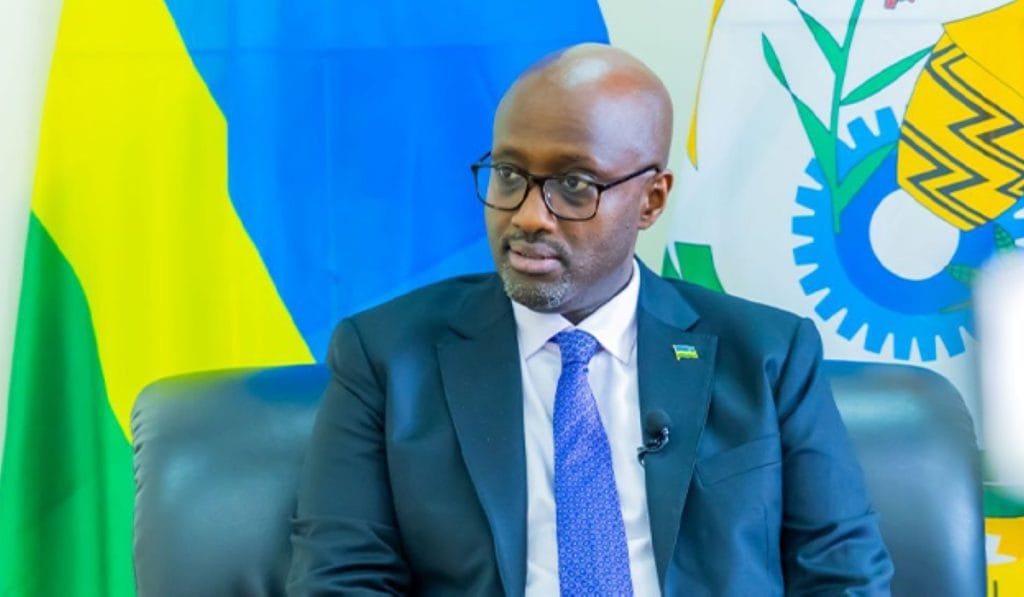Rwanda has officially submitted its input to the draft peace agreement aimed at resolving the prolonged conflict in eastern Democratic Republic of Congo (DRC), Foreign Affairs Minister Olivier Nduhungirehe confirmed on Sunday, May 4.
Speaking to Rwanda Broadcasting Agency (RBA), Nduhungirehe said the draft, initially compiled on May 2, is set to be finalized and signed in June at the White House. The agreement will be signed by Rwandan President Paul Kagame and his Congolese counterpart Félix Tshisekedi, with former U.S. President Donald Trump expected to attend the ceremony.
“Our experts have already submitted Rwanda’s contributions to the draft. The next step is a second ministerial meeting in Washington during the third week of May,” Nduhungirehe said. “From there, the final agreement will be presented to both Heads of State for signing in mid-June.”
The peace accord will be endorsed in the presence of key mediators, including President William Ruto of Kenya, President Emmerson Mnangagwa of Zimbabwe, Togo’s President Faure Gnassingbé—representing the African Union—and the Emir of Qatar, Sheikh Tamim ibn Hamad Al Thani.
Alongside the peace agreement, both Rwanda and DRC are expected to sign bilateral economic accords with the United States.
This follows the April 30 signing of a “Declaration of Principles” between the two nations, where they reaffirmed respect for each other’s sovereignty and pledged to resolve disputes diplomatically. The declaration, seen as the foundation for lasting peace in the Great Lakes region, was the result of negotiations held in Doha, Qatar, with participation from the U.S. and Qatari delegations. Rwanda was represented by Brig Gen Jean Paul Nyirubutama and Brig Gen Patrick Karuretwa.
The U.S. has outlined several preconditions to be met before the peace deal is finalized. Chief among them is the disbandment of the FDLR, a genocidal militia group operating in eastern DRC. Additionally, DRC is expected to implement governance reforms to ensure equitable resource distribution.
Nduhungirehe stressed the centrality of security in the peace process. “Both sides acknowledged the longstanding security threats,” he said, referencing the FDLR’s continued presence in the region. “We have agreed to deploy a joint security mechanism to address these concerns, which have persisted for over three decades.”
Oversight of the peace deal’s implementation will fall to a monitoring committee comprising representatives from the U.S., Qatar, France, and Togo, the latter representing the African Union. The African Union, with Togo leading, has now taken over from the EAC-SADC framework as the primary facilitator of the peace process.



